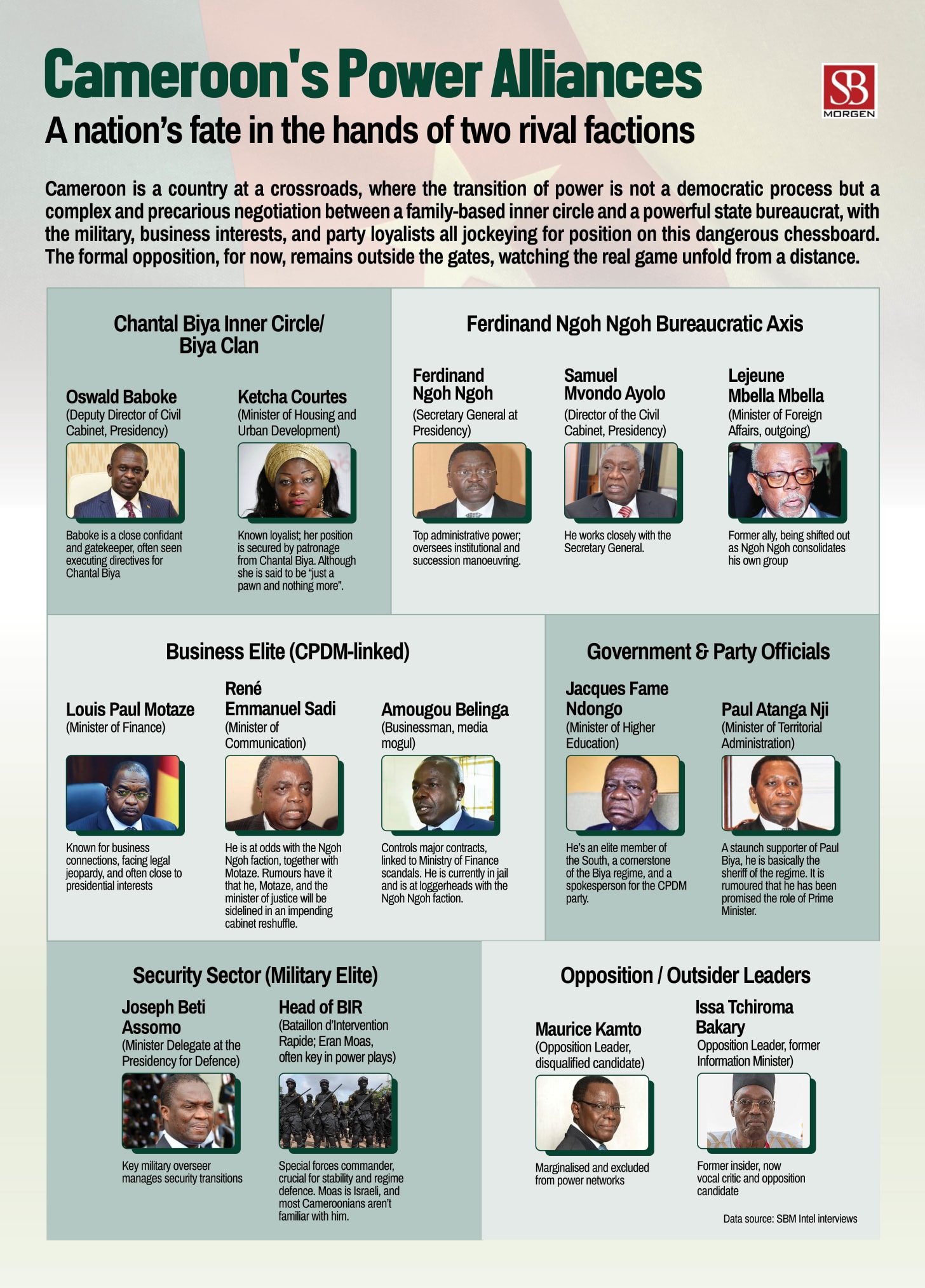Unrest and web blackouts
Cameroon faces protests and internet blackouts after courts dismissed election petitions, paving the way for President Biya's eighth term amid deadly clashes.
Tensions have escalated across Cameroon following the Constitutional Council’s dismissal of all 10 petitions challenging the 12 October presidential election, effectively clearing the path for President Paul Biya’s eighth term. The Council said the petitions lacked sufficient evidence or jurisdiction, adding that its rulings are final. Protests erupted in several cities, including Douala, Maroua, and Garoua, after opposition leader Issa Tchiroma Bakary claimed victory with 54.8% of the vote and accused authorities of rigging the results. Security forces clashed with demonstrators demanding transparency, leaving at least four people dead and several injured. In Garoua, a teacher was earlier killed amid unrest that forced the University of Garoua to suspend classes. Meanwhile, internet access across Cameroon has been severely disrupted, according to watchdog group NetBlocks, raising concerns over information blackouts and restricted media coverage. Authorities have urged citizens to remain calm as final results are awaited.

The escalating turmoil in Cameroon following the October 12 presidential election highlights a familiar and worrying tendency in the country’s political history: the strategic use of legal institutions, security forces, and digital controls to maintain regime stability at the expense of genuine democratic legitimacy.
President Paul Biya’s hold on power was effectively reinforced when the Constitutional Council dismissed all ten election petitions. This outcome was widely anticipated, as Biya personally appoints all nine council members, transforming the legal review into a ritualised performance of legality. The council’s rulings, which rejected claims citing ballot stuffing, intimidation, and tally discrepancies, ensure that electoral disputes begin and end under the executive’s direct influence.
While the state electoral body, ELECAM, declared Biya the winner with 53.66% of the vote, opposition candidate Issa Tchiroma Bakary’s parallel vote tabulations claimed he secured 54.8%. This significant difference between the official results and the opposition’s count, coupled with the rapid deployment of troops, highlights the widening divide between procedural legality and political credibility.
Biya’s eighth term, beginning at age 92, is therefore marked not by renewal but by repression. Security forces have swiftly acted to suppress dissent, killing at least four protesters and injuring several others in cities including Douala, Garoua, and Maroua.
Compounding the crisis is the simultaneous internet blackout, confirmed by watchdogs like NetBlocks. This tactic, a frequent tool of state control during periods of unrest, silences independent reporting and severely restricts citizens’ access to information, thereby undermining both transparency and the rule of law. By severing communication channels, the government impedes monitoring by civil society and journalists and fuels suspicion and resentment. Rights groups, such as the Paradigm Initiative, note that these actions contravene international standards on freedom of expression and access to information.
Cameroon’s reliance on force and censorship to manage dissent is symptomatic of a broader democratic regression across Central Africa. While legal formalism may temporarily preserve order, it gradually erodes public trust in governance and risks long-term instability.
The country’s economic pressures, the unresolved Anglophone conflict, and the absence of a clear succession plan further amplify the risk of future unrest. Meaningful stability will require more than court rulings and internet shutdowns; it demands genuine accountability, institutional independence, and space for political contestation. Without these fundamental changes, Biya’s government will continue ruling over a nation growing ever more restless and disconnected, both politically and literally.

